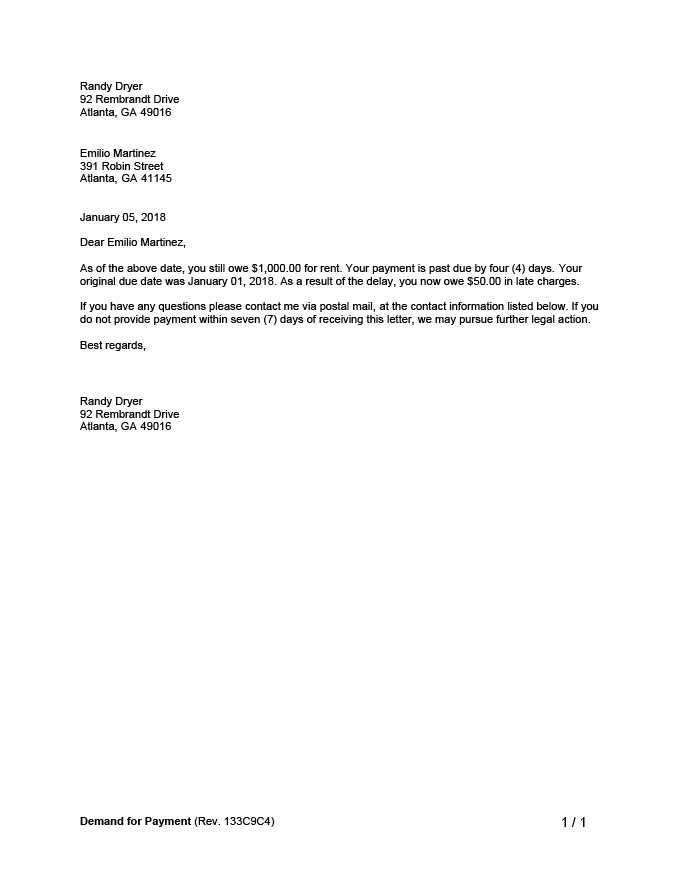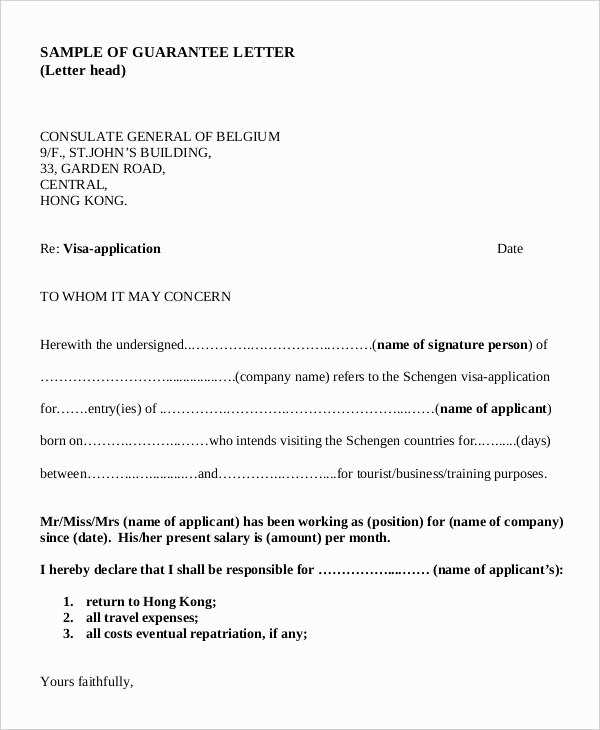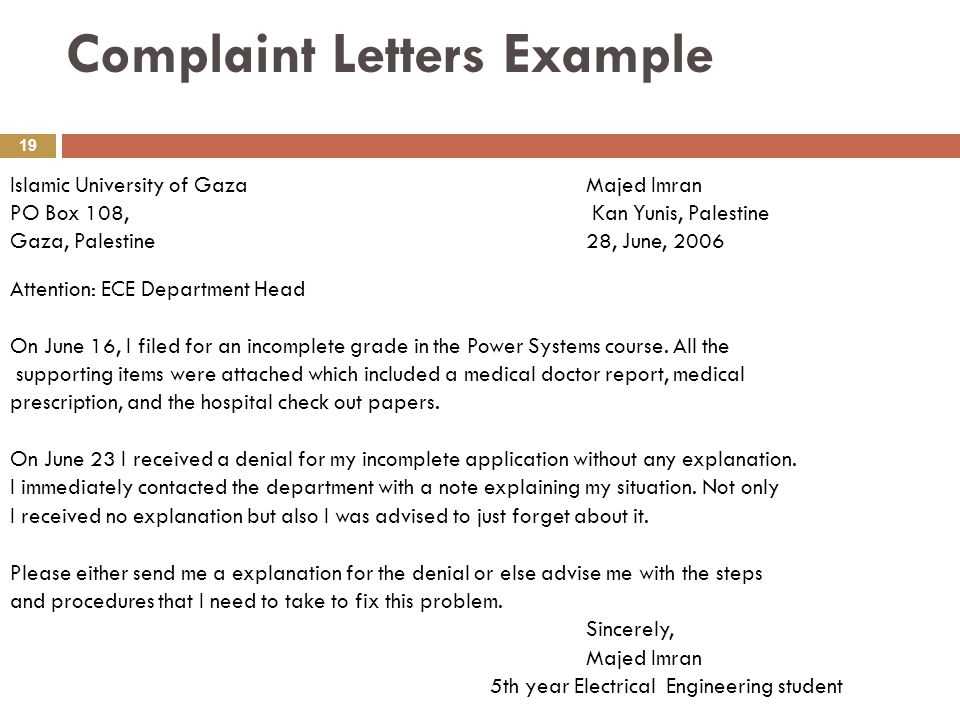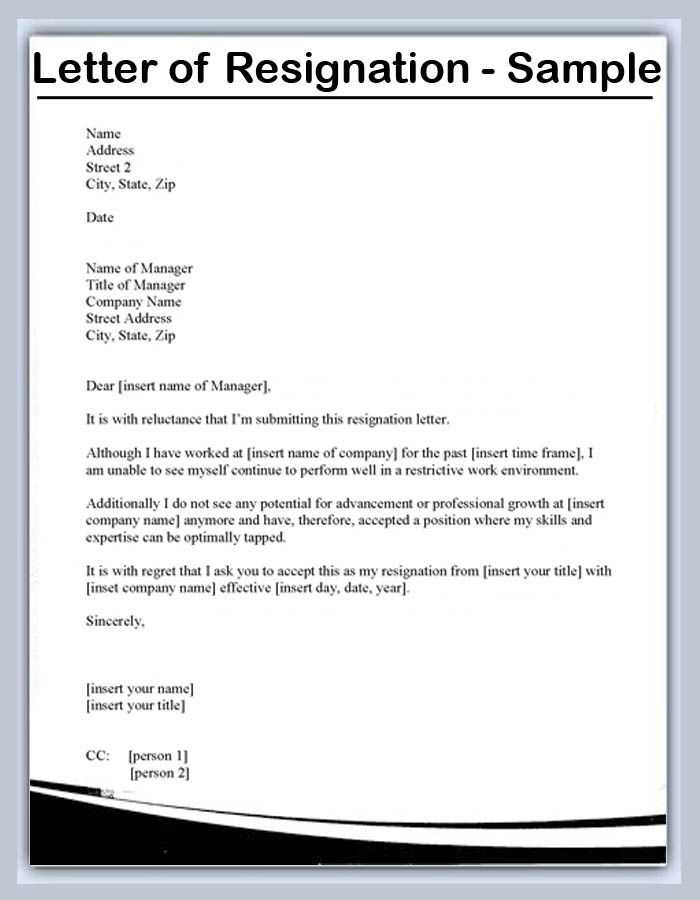Letter of restitution template

How to Write a Letter of Restitution
A letter of restitution is a formal request for the return of property or compensation for damage or loss. It should be clear, concise, and contain the necessary details for the recipient to process your request effectively. Below is a simple template to guide you in creating your own restitution letter.
Key Components of the Letter

To ensure your letter covers all critical aspects, follow this structure:
- Your Information: Include your full name, address, and contact details at the top of the letter.
- Recipient’s Information: Provide the name, position, and address of the person you’re addressing.
- Subject Line: Clearly state the purpose of the letter, such as “Request for Restitution of Damaged Property.”
- Opening Paragraph: Begin by stating your reason for writing, including details about the incident or situation that led to the loss or damage.
- Details of the Restitution Request: Clearly outline the item or property in question and the restitution you are requesting. Be specific and include any relevant dates, receipts, or documentation to support your claim.
- Closing Statement: Politely ask for a timely resolution and express your willingness to discuss the matter further if needed.
Restitution Letter Template

Here’s a sample letter template to guide you:
[Your Name] [Your Address] [City, State, ZIP Code] [Email Address] [Phone Number] [Date] [Recipient’s Name] [Recipient's Position] [Company/Organization Name] [Address] [City, State, ZIP Code] Subject: Request for Restitution of Damaged Property Dear [Recipient’s Name], I am writing to formally request restitution for the damage to my property, which occurred on [date]. The item in question is [describe the property], and it was [describe the damage or situation]. I am requesting compensation of [amount or item requested] to cover the loss/damage incurred. Please find attached [any documents supporting your request, such as receipts, photographs, etc.]. I would appreciate it if we could resolve this matter promptly. Should you need further information or wish to discuss this further, please do not hesitate to contact me at [phone number] or [email address]. Thank you for your attention to this matter. Sincerely, [Your Name]
Final Thoughts
By following the steps above, you can craft a professional and effective restitution letter. Be sure to adjust the template to fit your specific circumstances. Always keep a copy of the letter and any related correspondence for future reference.
Letter of Restitution Template: Practical Guide
Understanding the Purpose of a Restitution Letter
Key Components to Include in the Letter
How to Structure It Professionally
Common Mistakes to Avoid When Writing a Restitution Letter
Real-Life Scenarios for Its Use
How to Follow Up After Sending the Letter
Restitution letters serve to request the return of goods or compensation for a wronged party. It should outline the issue, assert the right to restitution, and specify what is expected to make the situation right. Here’s how to ensure your letter is clear and professional.
Key Components to Include in the Letter
A well-crafted restitution letter should contain the following key elements: the date, the recipient’s details, a brief introduction to the issue, a clear description of the restitution being requested, and any supporting evidence, if applicable. Be specific about the restitution amount or item and state a reasonable deadline for compliance. Always close by expressing your willingness to discuss further or provide additional information.
How to Structure It Professionally
Start with a clear subject line and salutation. In the opening paragraph, describe the event or situation that led to the need for restitution. Follow this with a concise explanation of why restitution is justified. The middle part of the letter should state the action expected, whether it’s the return of property or compensation. Be sure to mention any documents or evidence you are including to support your case. Conclude with a call to action, inviting the recipient to contact you if further clarification is needed, and provide your contact information.
Keep the tone polite but firm. Avoid sounding accusatory, even though you are asserting your rights. A calm and respectful approach can often lead to a more favorable outcome.
Common Mistakes to Avoid When Writing a Restitution Letter

Avoid making the letter too long. Stick to the facts and avoid irrelevant details that may confuse the reader. Don’t use aggressive language or threats, as this can make the recipient defensive and less likely to comply. Make sure to proofread for any errors, as poor grammar or spelling mistakes can undermine the professionalism of your request.
Real-Life Scenarios for Its Use
Restitution letters are commonly used in business when a transaction goes wrong, such as non-delivery of goods or services. They are also appropriate in personal situations, such as when someone damages your property or owes you money. In both cases, the letter should clearly state what is owed and how the recipient can make amends.
How to Follow Up After Sending the Letter
If you do not receive a response within the agreed timeframe, send a polite follow-up letter. In this, remind the recipient of the initial request and express your desire to resolve the matter quickly. If necessary, consider escalating the issue to a formal legal action or mediation.